Janelle Monae comes out as pansexual in “Rolling Stone” interview
R&B artist had previously dropped hints about her sexuality, but had played coy for "fear of being judged"

Singer Janelle Monáe has officially come out as pansexual in an interview with Rolling Stone published on Thursday.
Monáe’s sexuality has long been a source of speculation since she first burst on the music scene in 2011. A six-time Grammy nominee best known for her hits “Tightrope,” “Electric Lady,” “We Are Young,” and “Q.U.E.E.N,” the Kansas City native has often tried to keep her personal life private, but has dropped hints about her sexual orientation throughout the years.
During a 2011 interview with the London Evening Standard, Monáe said that she “only dates androids,” a reference to her on-stage persona/alter ego Cindy Mayweather, the liberator of the android race, as well as her often androgynous look, which is further highlighted by her choice of suits and trousers as costume.
“I speak about androids because I think the android represents the new ‘Other,'” she said at the time. “You can compare it to being a lesbian or being a gay man or being a black woman … what I want is for people who feel oppressed or feel like the ‘Other’ to connect with the music and to feel, ‘She represents who I am.'”
Monáe also previously expressed support for the LGBTQ community, and confirmed in the Rolling Stone interview that she had dropped hints of her sexuality in the lyrics of some of her songs, including “Mushrooms & Roses” and “Q.U.E.E.N.” — which was originally named “Q.U.E.E.R.”
Sitting down with the music magazine to promote her third studio album, Dirty Computer, Monáe says she has been in relationships with men and women, and identifies with aspects of both pansexuality and bisexuality.
“Being a queer black woman in America, someone who has been in relationships with both men and women — I consider myself to be a free-ass motherfucker.”
She also admits that her public persona, her androgynous look, and her flip response to questions about her dating life, such as “I only date androids,” were protective mechanisms.
“It had to do with the fear of being judged,” she says. “All I saw was that I was supposed to look a certain way coming into this industry, and I felt like I [didn’t] look like a stereotypical black female artist.”
She also has words of encouragement for others who, like her, have struggled with embracing their identity.
“I want young girls, young boys, nonbinary, gay, straight, queer people who are having a hard time dealing with their sexuality, dealing with feeling ostracized or bullied for just being their unique selves, to know that I see you,” Monáe says. “This album is for you. Be proud.”
Support Metro Weekly’s Journalism
These are challenging times for news organizations. And yet it’s crucial we stay active and provide vital resources and information to both our local readers and the world. So won’t you please take a moment and consider supporting Metro Weekly with a membership? For as little as $5 a month, you can help ensure Metro Weekly magazine and MetroWeekly.com remain free, viable resources as we provide the best, most diverse, culturally-resonant LGBTQ coverage in both the D.C. region and around the world. Memberships come with exclusive perks and discounts, your own personal digital delivery of each week’s magazine (and an archive), access to our Member's Lounge when it launches this fall, and exclusive members-only items like Metro Weekly Membership Mugs and Tote Bags! Check out all our membership levels here and please join us today!




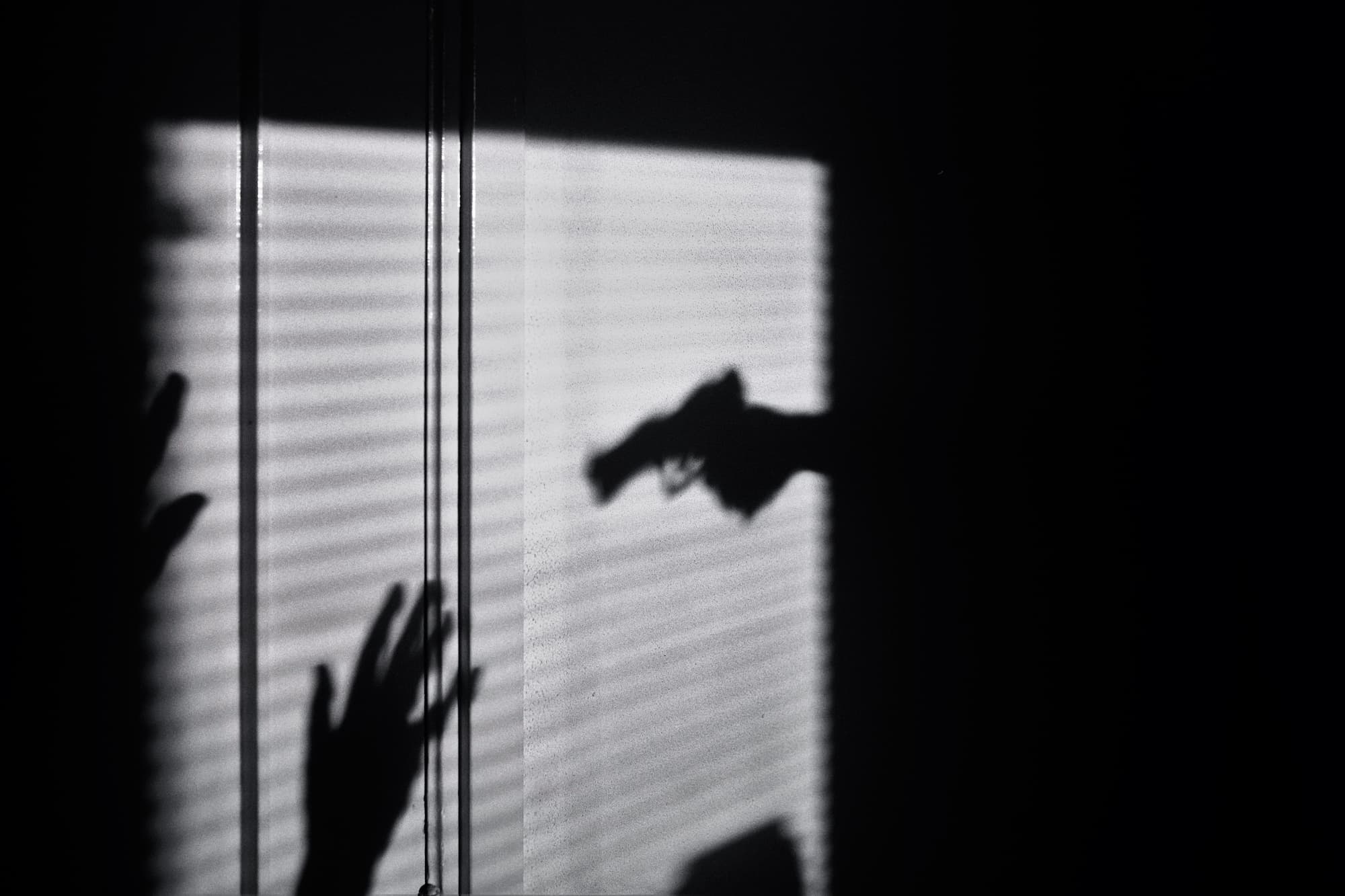
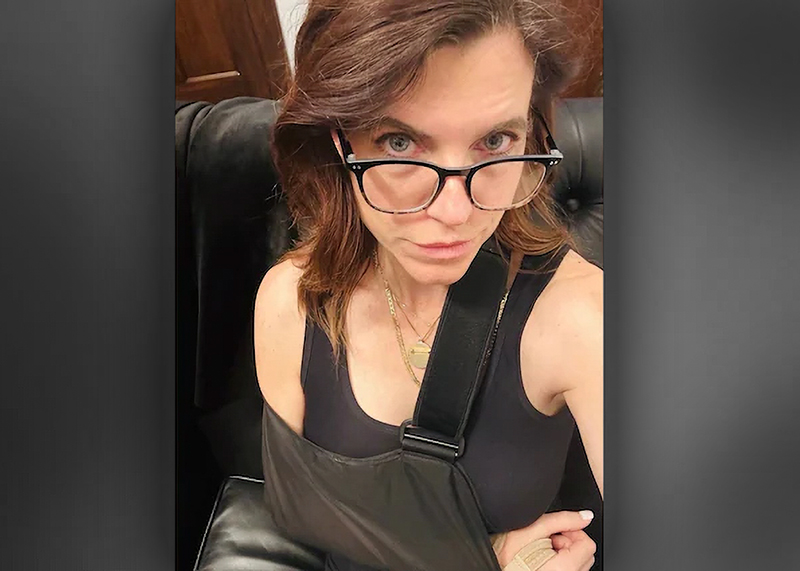
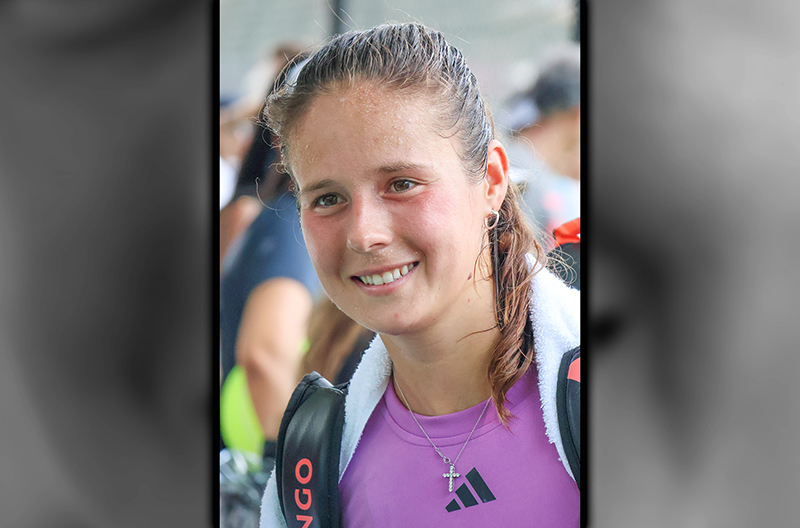












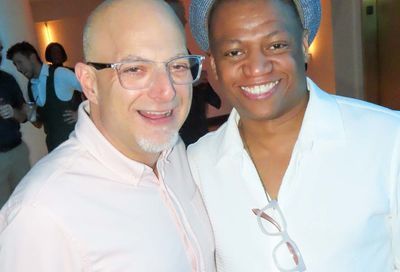
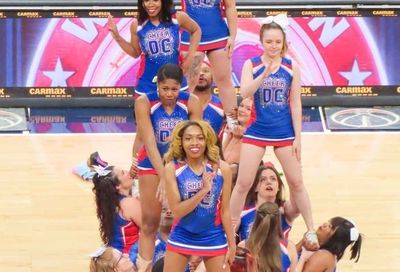
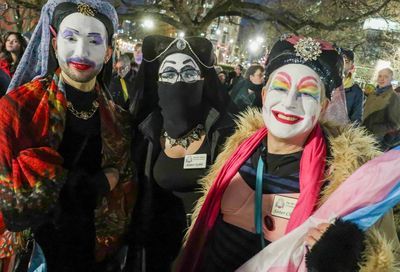
You must be logged in to post a comment.